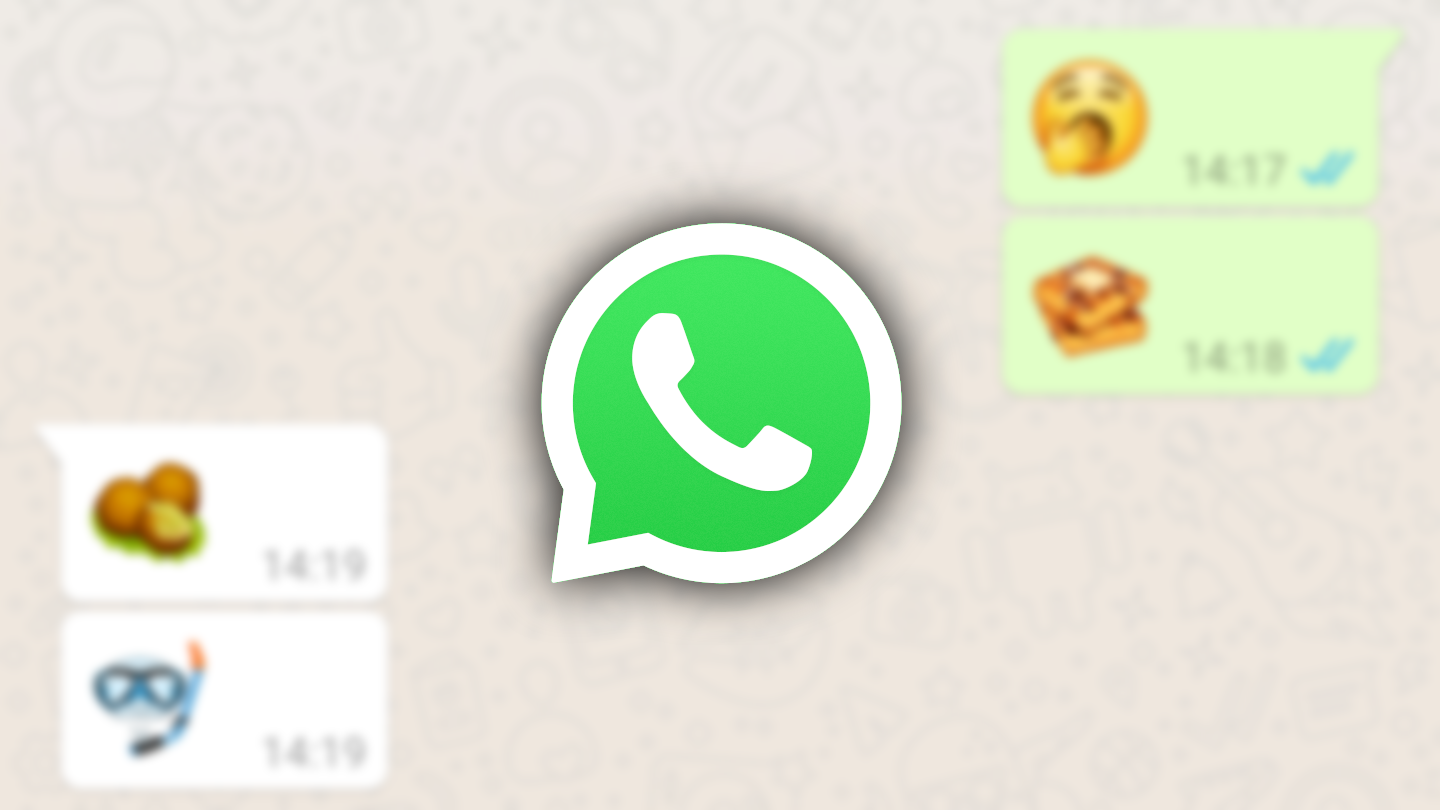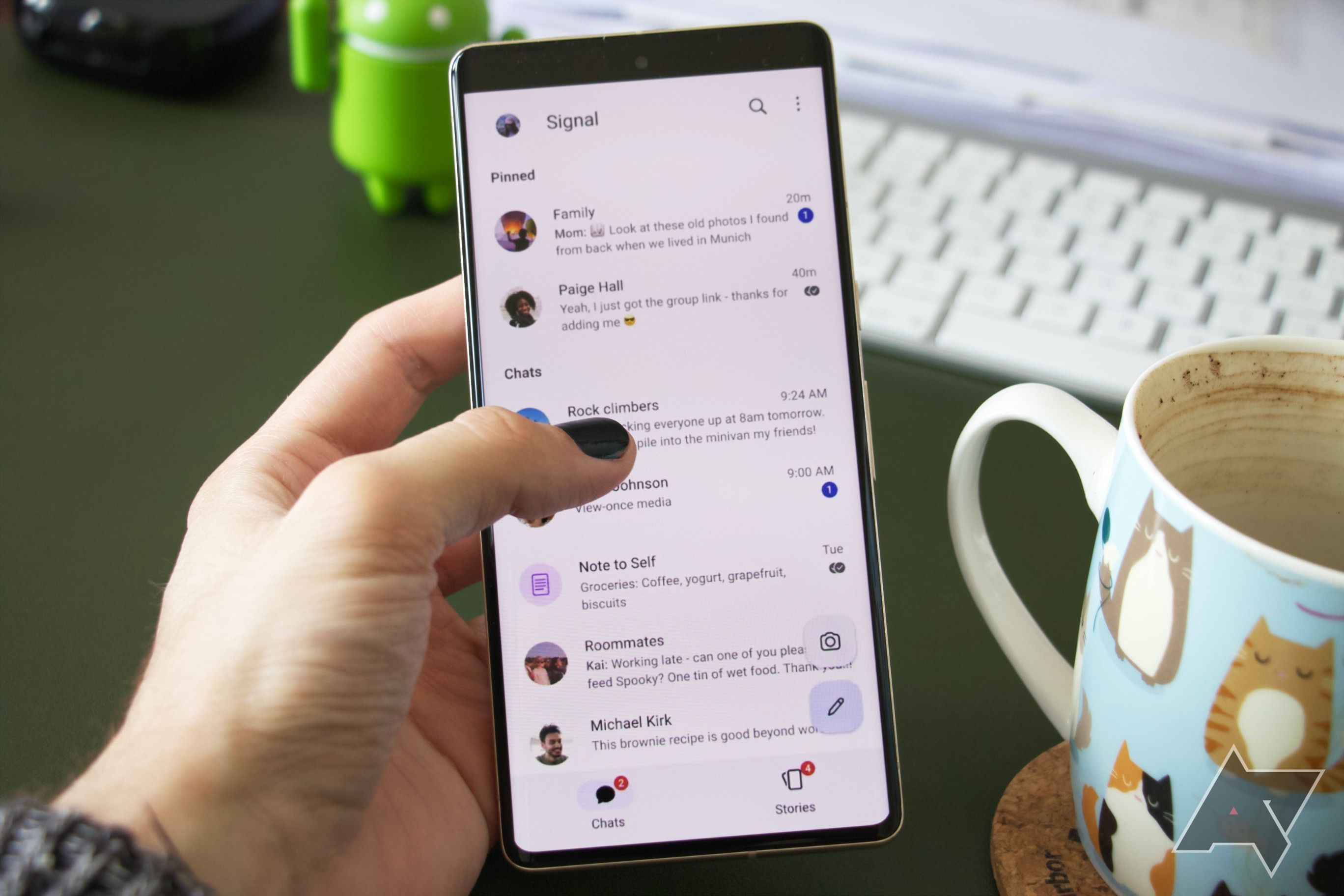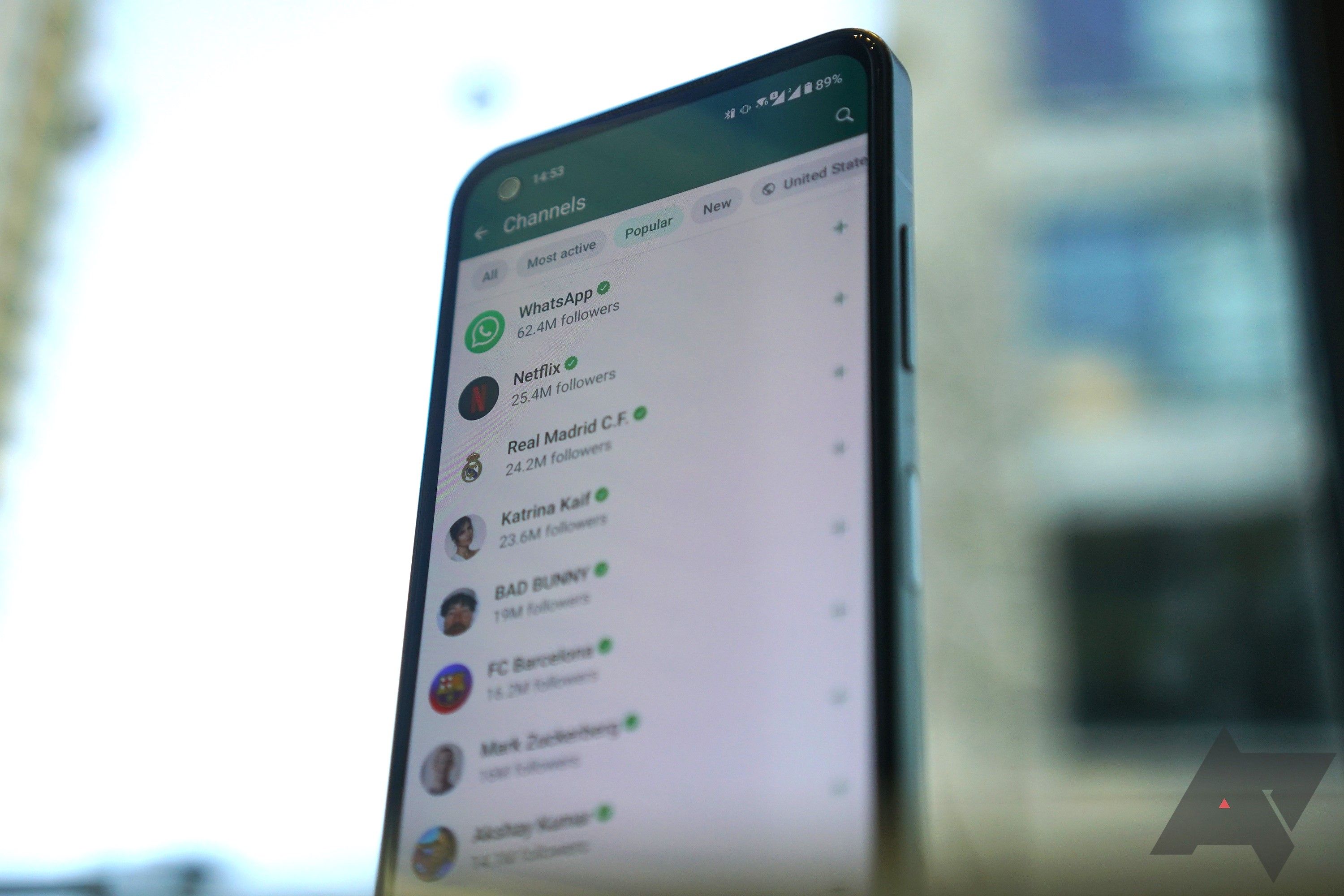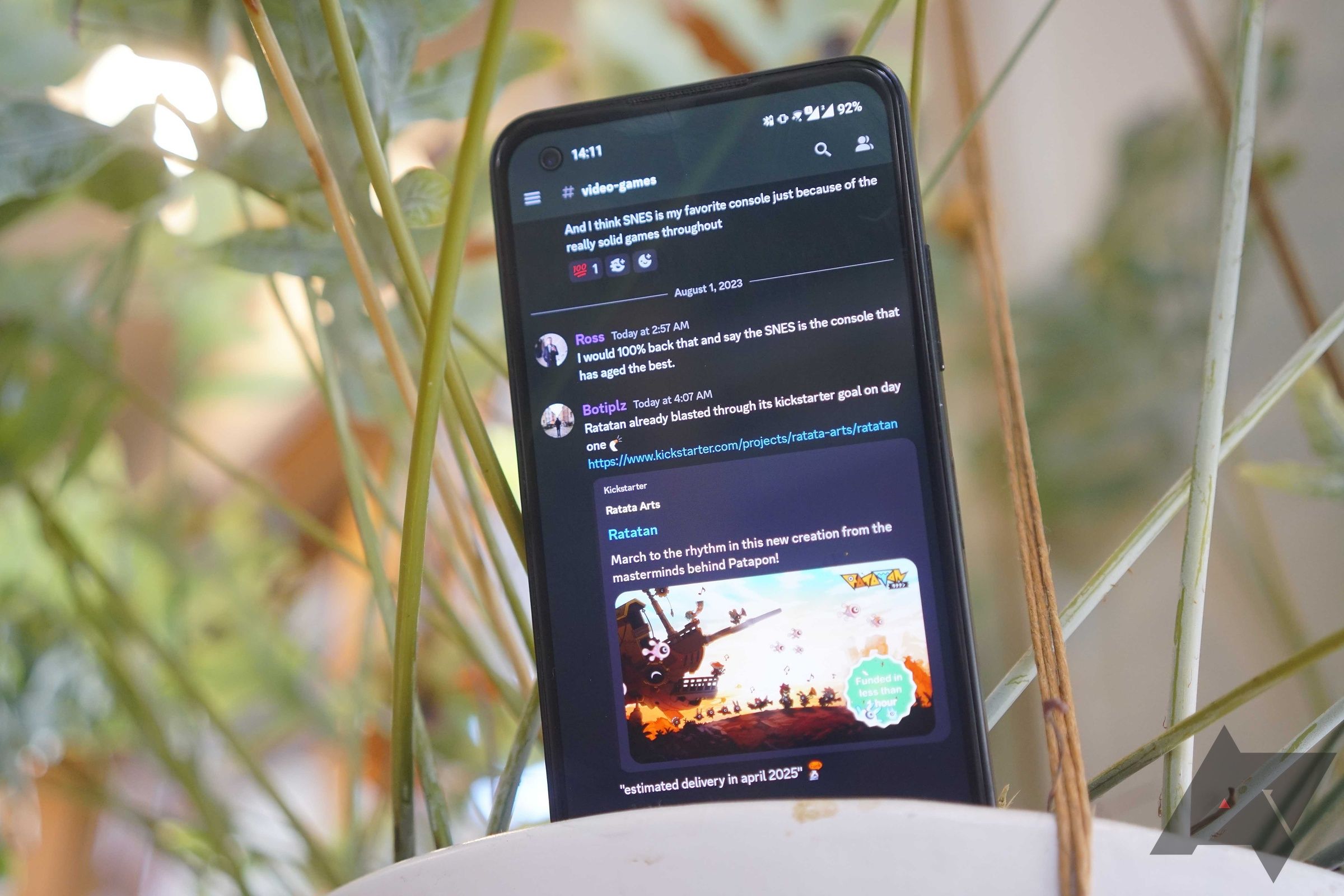Gone are the days of simple text-based conversations with you and your close friends. Today’s chat apps are morphing into a chaotic blend of instant forums and social media, complete with file sharing and live streams. I’m sorry, but this evolution from linear messaging to a cluttered and bloated mess isn’t progress, nor is it the answer to big tech dominance. Instead, it creates a landscape where valuable information gets buried in mindless conversations and memes, never again to see the light of day.

5 times Google failed to create a killer social media platform
Wave, Buzz, Keen — Google can’t catch a break with social media
In the beginning…
The rise of chat apps
In the beginning, BlackBerry slapped its own messaging service onto its phones (BBM) and saw that it was good. A wave of other messaging apps followed:
- WhatsApp (2009)
- iMessage (2011)
- Facebook Messenger (2011)
We saw an explosion of new chat apps hit the Play Store in 2013, including Slack, Google Hangouts, and Telegram. Signal and Discord were released soon after.
All of these apps had a clear purpose: quick personal exchanges of information. Most of these apps began adding more features as the competition picked up, including stickers and emojis. Skype made video calling popular in the early 2000s, so almost all of these companies added the feature to their apps, as well.
Chat apps transformation
From chat apps to community channels
The focus shifted somewhere along the way. These once-streamlined apps began sprouting email-like powers with features such as file sharing. Discord popularized the concept of entire communities coming together around gaming in a chaotic blend of text and voice chat, so of course, Meta decided to copy the feature, and soon, everyone had dedicated channels in their app.
Take Telegram as an example — a platform that once prided itself on security and a clean interface is now a forum catering to niche groups such as Android developers, Ukraine war bloggers, and conspiracy theorists.
Lost in the labyrinth
These giant sprawling group chats are impossible to navigate
These newfangled messaging channels promised to foster online communities, but the reality is groups, brimming with thousands of members, devolve into chaos rather quickly. Conversations are soon buried by a barrage of new messages, and it quickly becomes impossible to follow any specific thread with clarity.
Discord exemplifies this problem perfectly. The app is a free-flowing mix of text and voice channels and memes and gifs and files and videos, all bouncing around all over the place at warp speed. Imagine trying to find a specific strategy discussion for a game with thousands of active users all yammering away at once. It’s not gonna happen.
Telegram takes the crown for sheer overload. Its forum-like channels have tens of thousands, sometimes hundreds of thousands, of users. Chats scroll by faster than you can read them, and good luck screaming into the void there.
Walled gardens
Valuable information is forever locked away in our messaging apps
Search engines open up the beauty of the web and allow us to find information from any source on any topic. They allow us to tap into a vast ocean of knowledge from diverse voices around the world. But, the rise of chat apps as social media platforms creates a parallel ecosystem where search engines have no access.
Think of how you use Google to crawl Reddit for real answers to your questions. You can’t do that with these chat apps. Platforms like Telegram and Discord are walled gardens. All those discussions, questions, and insights will never surface to the light of day for the wider world. To make matters much worse, the built-in search functions in these apps are woefully useless, so good luck rummaging through endless conversations to find an answer to a pressing problem.
All of this valuable information and knowledge remains locked in the confines of a proprietary chat app owned by a private corporation. Not cool.
Bright spots
There are still plenty of areas where chat apps shine
I want to be clear — I’m not trashing these messaging and chat apps. The platforms work wonderfully for small, focused groups, they wouldn’t be so popular if nobody used them. My own experience with Discord is a testament to that. I use the service with small groups of less than 30 to coordinate three of my favorite games: War of Rights, Hell Let Loose, and Sea of Thieves. This small number of users means we are able to communicate and follow along with chats. Discord is powerful and beautiful in this case. But any more than that and the entire group begins to fall apart.
Here’s how you can get better use out of these apps without getting buried in the chaos of enormous communities.
Seek out a niche
Look for smaller niche channels instead of massive communities. For example, a channel focused on vintage audio gear is going to be much more manageable than a general tech forum.
Go local
Join neighborhood group chats or local community event channels instead of massive nation-wide groups. These hyper-focused groups offer relevant and close-knit communities and are infinitely more rewarding.
Be selective
You have the power to choose which platforms and communities deserve your time and attention. Don’t get dragged into chaos against your will.
These are chats apps, not social networks
Strive for simplicity in your tech life
We live in an era of digital information overload. The last thing we need is for our chat apps to become yet another social media battleground. The shift from simple communication app to sprawling social media platforms fragments our lives and buries valuable information.
However, apps like these can foster strong communities around hyper-focused subjects. The trick is to keep our communities small and manageable and avoid the hellscape of the mega-channels. Better yet, let’s return to a time when chat apps helped us connect with others, rather than drown us in endless noise.

10 years of WhatsApp under Meta ownership: Feels like one long day
We’ve seen loads of copy-pasting over the years






